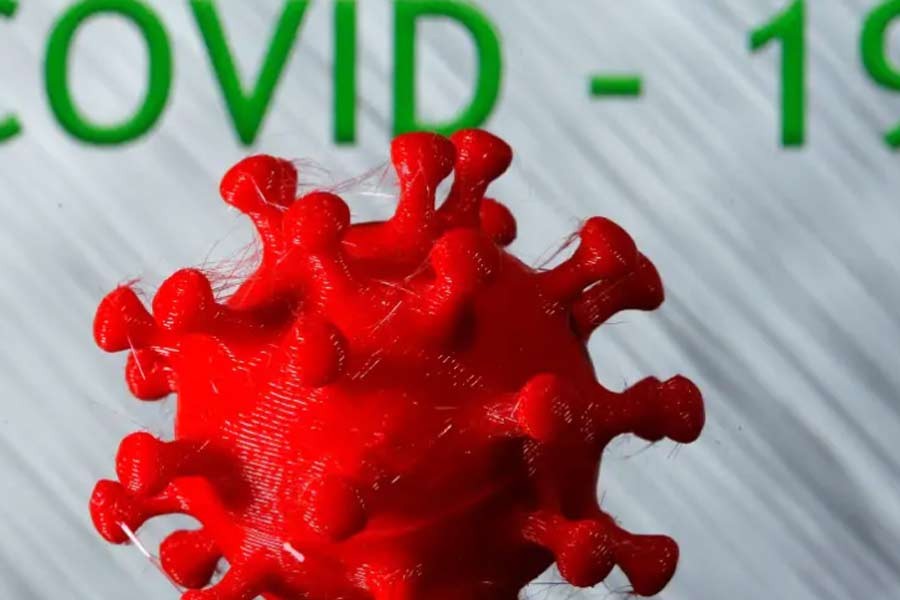Bangladesh has sequenced 304 genomes of Covid-19 so far and submitted to Global Initiative on Sharing All Influenza Data (GISAID).
Professor Dr Aftab Ali Shaikh, chairman of Bangladesh Council of Scientific and Industrial Research (BCSIR), gave the information at a press conference on Wednesday, reports UNB.
Different international organisations praised Bangladeshi scientists for their achievements in genome sequencing of Covid-19 samples, Dr Aftab said.
“CNN’s senior medical correspondent Elizabeth Cohen recently said countries with far fewer resources, including Bangladesh, Sri Lanka and Suriname, had processed samples more quickly than the US.”
However, when asked about a BCSIR scientist’s comment that a new Covid-19 strain – similar to the one recently found in the UK – was detected in Bangladesh, he said, “We are still working on it.”
The UK and South Africa recently discovered new Covid-19 strains in their domestic cases.
“The variants were found using genome sequencing techniques that analyse the structure of the virus and discern mutations,” William A Haseltine, a former professor at Harvard Medical School and Harvard School of Public Health, said.
“These genome sequencing techniques were regularly used worldwide at the start of the pandemic when we knew less about the virus.”
“Genome sequencing is essentially determining the order of chemical ‘bases’ of a DNA molecule. Scientists use these sequences to identify genes, regulatory instructions, or in the case of Covid-19, mutations to a virus,” Haseltine said.
“We will have to step up genome sequencing in the US and worldwide. And then new variants must be identified and isolated. Else, we may be looking at a very long year,” he maintained.


